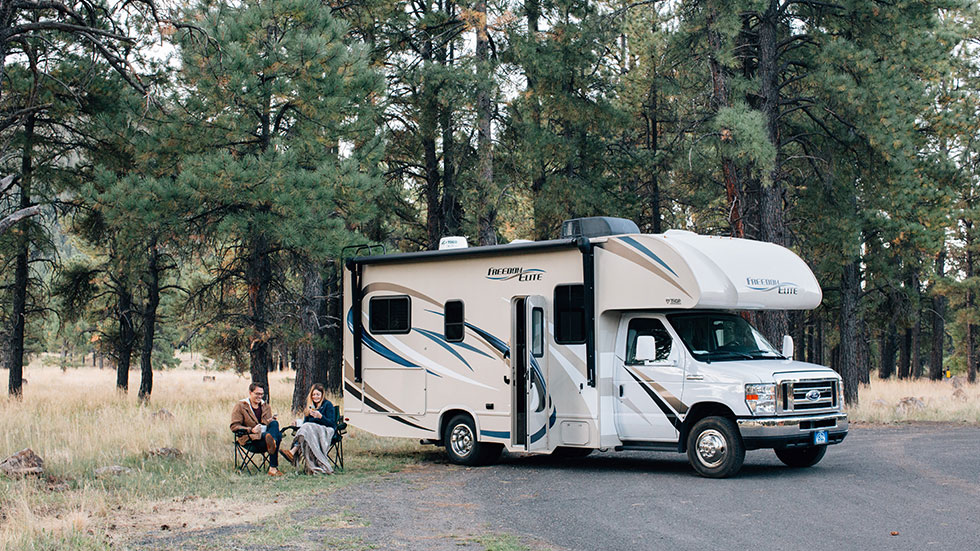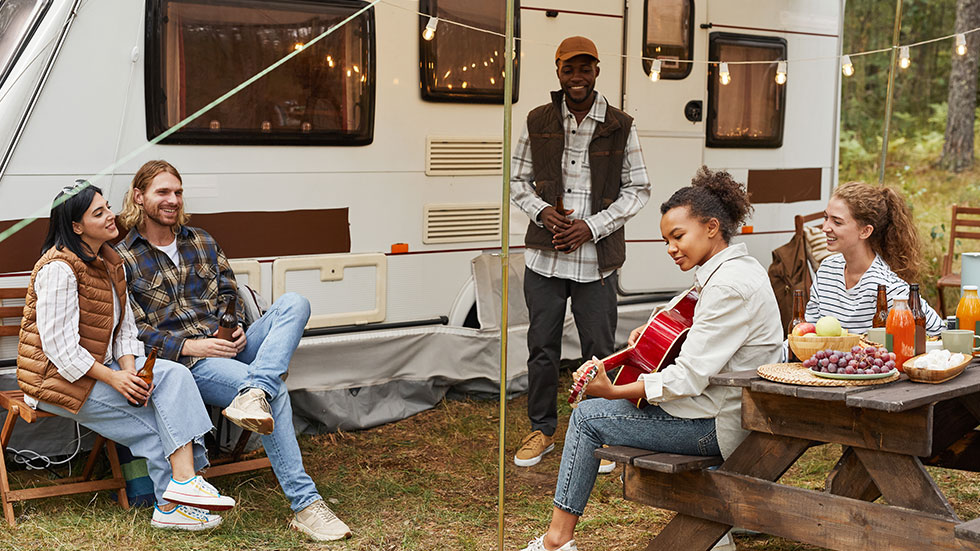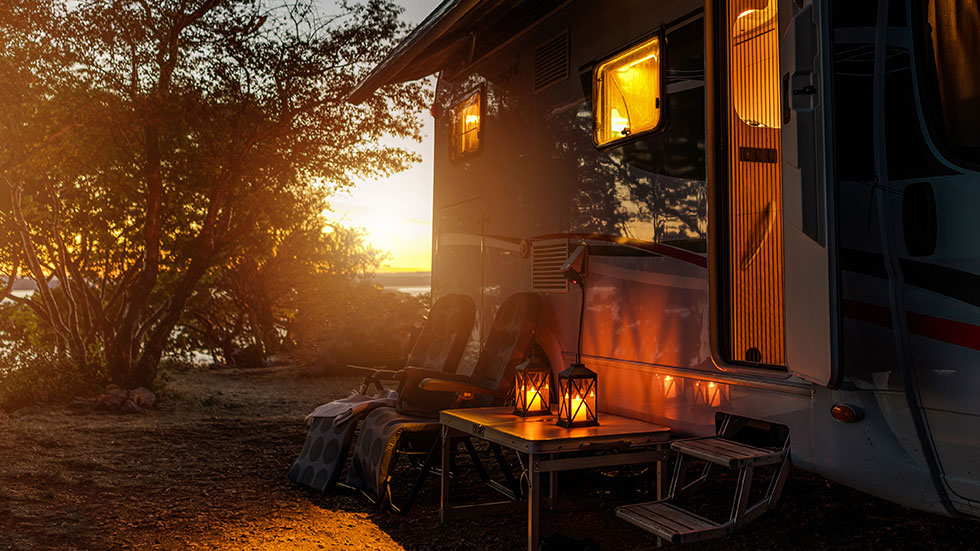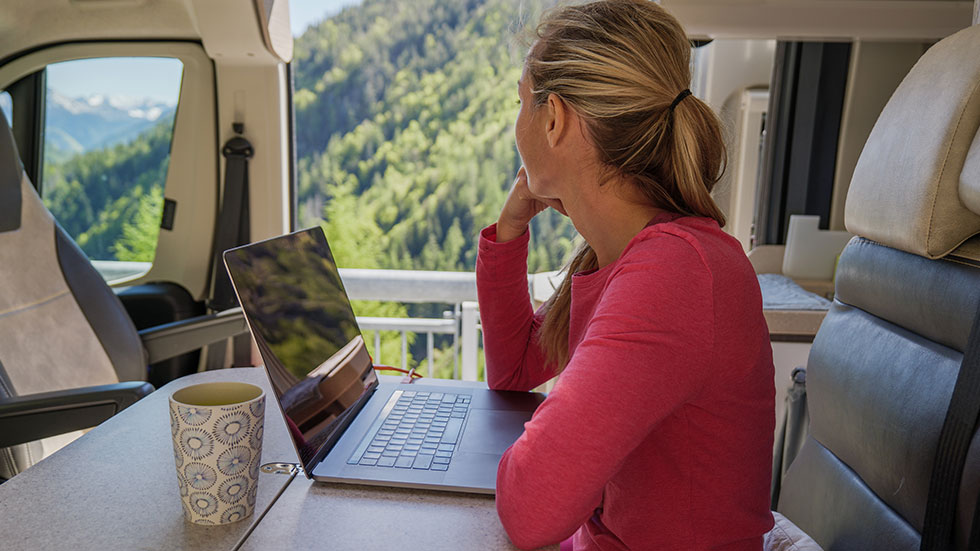
Brenda Hunsberger and Patti Boote have been RVing for years. Their RV has seen all kinds of campgrounds across the country, from the rugged coast to mountain forests, and they’ve got the odometer mileage to prove it. To help burgeoning RVers prepare for their next adventure, Hunsberger and Boote answer some common questions from first-time RVers.

What are the differences between a public and private campground?
It's important to know what is essential to you when camping in an RV. If you want to have some privacy or need to be in nature, you probably will want to camp in a public campground. If you want to have that glamping experience and make sure you can run your air conditioner and that your refrigerator is cold all the time, then a private campground with those full hookups is an excellent choice.

How should you pick a campsite?
One of the things that's great is there are many campgrounds now, both private and public, that show pictures of their sites. You can go online and see every single site and what it will look like. It can tell you if the site level, if it's paved, or if it's gravel. It can also tell you how close you are to your neighbors.
Also, be sure to look at the campground map. Almost every campground, private or public, has a copy of their map on their website. You can look and see exactly where you're going to be to get a good feel for how close you are to the highway or how close you are to the bathhouse or other sites. It's really good to look at all of those things in advance. Each site description will tell you how long the site is and tell you what type of rig it's suitable for. A lot of the search tools allow you to enter the size of your rig, and it will only bring back campsites that are big enough for your rig. If that feature isn't available, you'll need to know how big your campsite is and the length of your rig to make sure you can fit in the site when you get there.

How early do you need to book a campsite?
Each campground has its own rules about how far in advance you need to book. For national parks, it’s usually eleven to twelve months in advance, and popular sites go quickly. If you want to camp by the water, that nice big wooded site, a pull-through site, or a site with full hookups, you need to book further in advance.
Are most campgrounds pet-friendly?
It's essential to know that a site is pet-friendly. Some campgrounds have specific pet-friendly areas, while some may be entirely pet-friendly, while others may not allow pets at all. It's important to know the regulations when you're traveling with your pet, too. It's crucial that you have all of your paperwork with you, as some campsites require you to show your pet’s rabies vaccine and that they’re up-to-date on all of their vaccines. It’s also good to find out where the nearest animal hospital is.

Do campgrounds have cable and Wi-Fi?
Many private campgrounds now offer cable and Wi-Fi as an amenity. There isn't always a strong signal, so you have to be prepared for a couple of days that you might need to go somewhere else to get connected. RVers can expect that public campgrounds do not offer Wi-Fi or cable.

